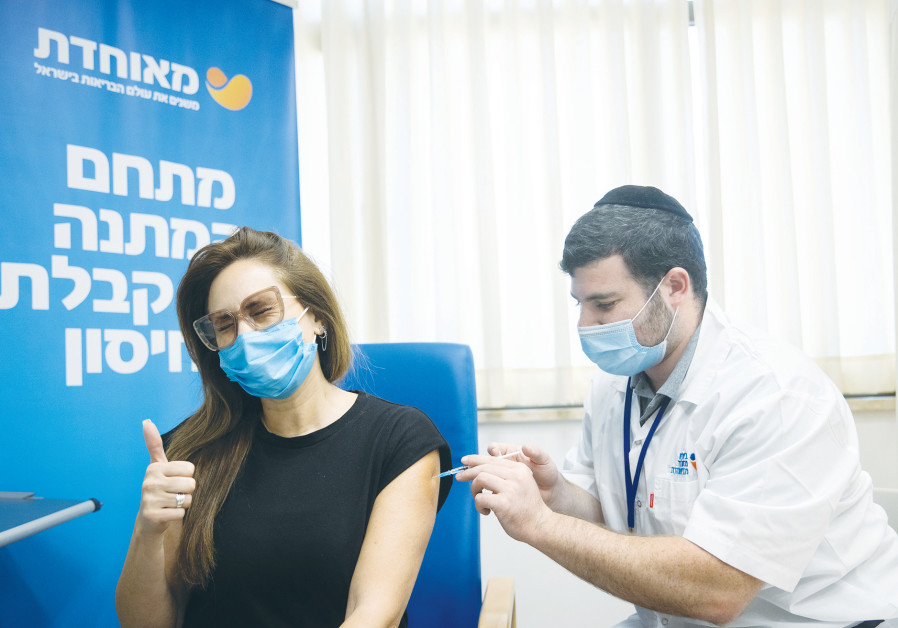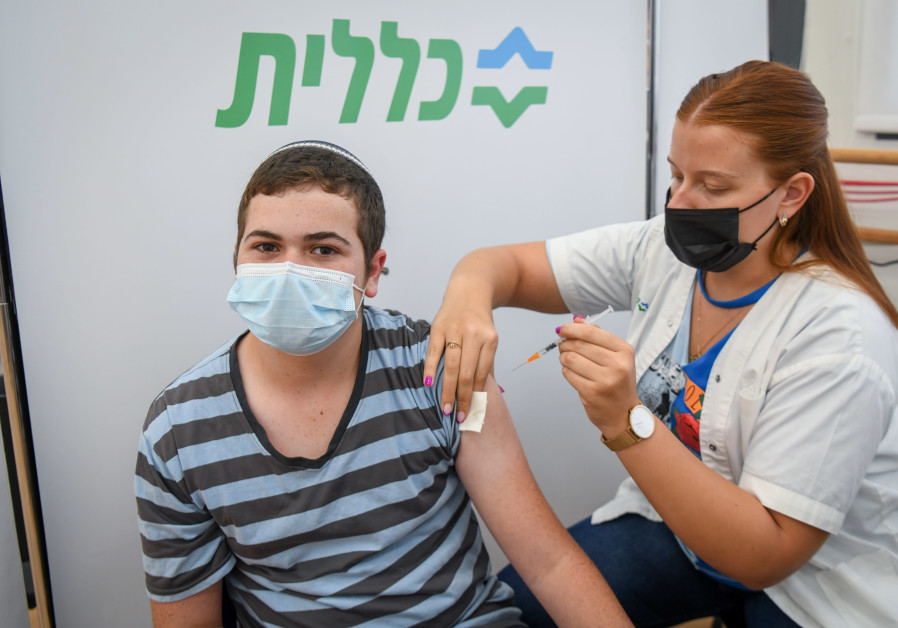Protection against serious illness and death is the primary goal, but researchers found that people who are inoculated just once gain in another way. What is it? The answer is in the article.
Being vaccinated gives someone a clear, unequivocal benefit: protection against severe morbidity and a sharp reduction in the risk of dying from COVID-19 if infected. Even if this was the only advantage, the vaccine would be a miracle. But recently, studies have emerged that point to several secondary benefits of this vaccine, and one is surprising.Vaccinated people may feel significant improvement in their mental health, according to a new study published in the journal PLOS One. Researchers monitored and tracked participants who received the first dose of any of the three corona vaccines (Johnson & Johnson, Moderna or Pfizer) between December 2020 and March 2021.
They found that those who had been vaccinated were less likely to suffer from mild to moderate depression symptoms compared with those unvaccinated, including people who wanted to be vaccinated but couldn’t be during the study – which was conducted near the start of the global vaccination campaign, at a time when risk groups received priority, and not everyone in each age group could be vaccinated.

Corona epidemic and mental health
Surveys and studies conducted worldwide since the start of the pandemic indicate a clear, sharp rise in mental health problems resulting from this global health crisis. Health and welfare authorities also reported an increase in requests for help and treatment from people who didn’t previously suffer problems that cause anxiety, such as unemployment.
Even before COVID-19, mental health experts linked health and well-being concerns to increasing levels of stress and anxiety. The pandemic’s spread worldwide caused even generally healthy people to suddenly begin to experience anxiety and feel concerned for their health, which significantly increased cases of stress, depression and anxiety.
How does the vaccine help?
Anxiety caused by the pandemic has other causes, besides health concerns. For example, many suffered from stress and anxiety that the pandemic caused to their employment status and economic security as a result of its secondary effects on suppliers and economic systems worldwide.
Researchers in the present study can’t pinpoint why getting vaccinated makes people suddenly feel better while dealing with anxiety and stress. It’s probably a combination of several factors.First, vaccinated people may be less afraid of being infected and getting sick. Because of this, they are more socially active and can work at jobs the unvaccinated can’t. Past research has already established the detrimental effect of social distance and isolation on people's mental health, and the vaccine reduces these as well.
However, the researchers stressed that they don't claim that the vaccine may be a solution to various mental health problems caused by COVID-19. But their findings should still be treated as another secondary outcome resulting from receiving the vaccine.
Researchers also said that it’s quite possible that the effect of the vaccine on mental resilience is even greater than their study was able to quantify and that it may also benefit the unvaccinated.
Even unvaccinated people may feel safer and less anxious around vaccinated people or knowing that their friends and loved ones are vaccinated - thus reducing their level of anxiety toward them. Also, the unvaccinated can enjoy the positive consequences for the economy and society that have become possible as the number of those vaccinated rises: reopening schools for frontal learning, returning to workplaces and interacting with fellow employees, reopening restaurants and movies, among other things.

